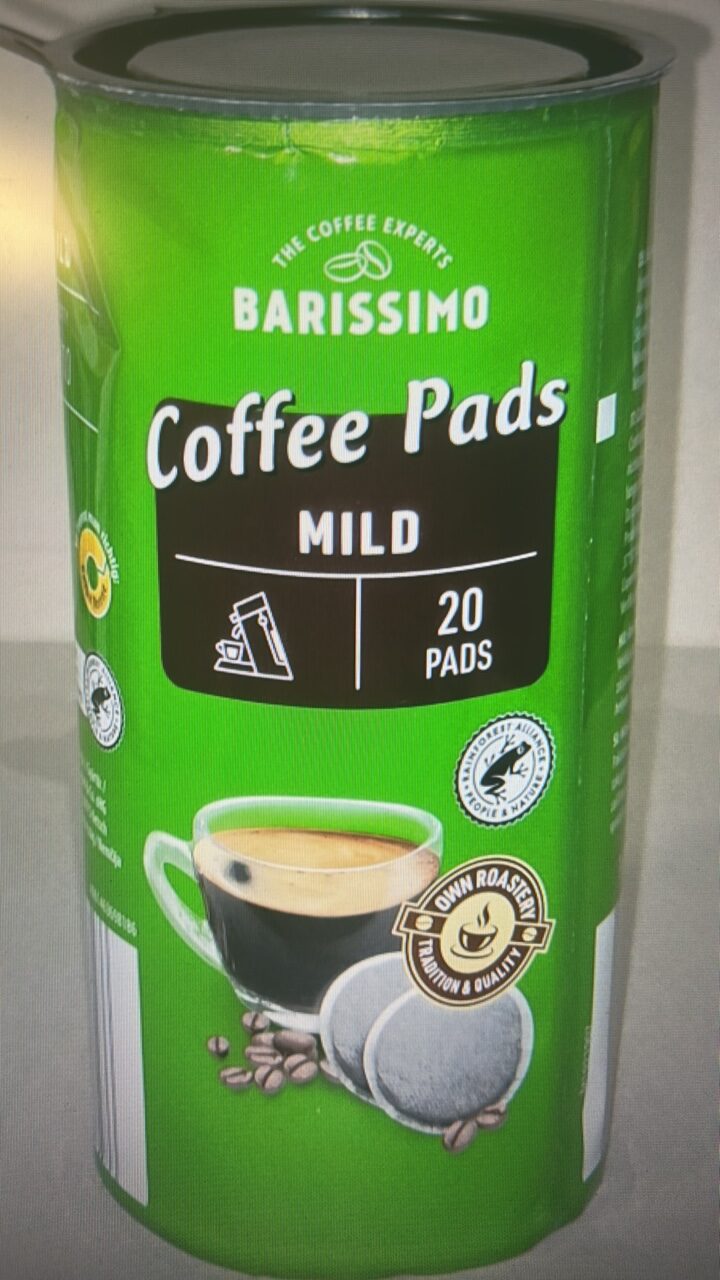
Barcode: 4061463698186
unknown
HALAL
📝 Reason: Coffee is derived from coffee beans, which are plant-based and do not involve any Haram substances or processes in their production. Islamic sources confirm that plant-based products are Halal unless contaminated with Haram substances. Quran 5:3 mentions the prohibition of certain foods, but coffee is not among them.
📄 Certificates: None
Ingredients:
Details
Is Coffee Halal? Let’s Dive Deeper
Coffee is a beloved beverage enjoyed by millions worldwide. Its rich flavor, energizing properties, and cultural significance make it a staple in many households. But for those who adhere to Halal dietary laws, an important question arises: Is coffee Halal? In this article, we will explore the Halal status of coffee, its ingredients, and the reasoning behind their Halal certification.
Understanding Halal and Its Importance
In Islam, Halal refers to what is permissible or lawful to consume. The opposite of Halal is Haram, which means forbidden. Consuming Halal foods is essential for Muslims, not just from a religious standpoint but also for health and ethical reasons. Halal foods must not contain any substances derived from Haram sources.
The Halal Status of Coffee
According to our product data, coffee is categorized as Halal. Coffee is derived from coffee beans, which are plant-based. This is significant because Islamic dietary laws generally deem plant-based products as Halal, provided they haven’t been contaminated with Haram substances. As per the Quran (5:3), certain foods are explicitly prohibited, yet coffee is not among them.
Ingredient Breakdown: Coffee’s Composition
When it comes to coffee, the main ingredient is, unsurprisingly, coffee itself. Let’s delve into the core element:
- Coffee: Coffee is derived from roasted and ground coffee beans, which are seeds from the Coffea plant. Since it is a natural plant-based product, coffee does not contain any Haram substances, making it a Halal choice.
The provided product information doesn’t list any specific E-numbers related to coffee. The absence of additives and flavoring agents, which often contain questionable E-numbers, further cements coffee’s status as a Halal beverage.
What Are E-Numbers and Why Do They Matter?
E-numbers are codes for substances in food products, often used as preservatives, colorants, flavors, and emulsifiers. Many E-numbers are derived from natural sources and are considered Halal, but some may originate from animals or other Haram sources. Thankfully, coffee relies solely on its natural composition, avoiding any such complications.
Why Coffee Is a Safe Choice
1. **Plant-Based Origin:** Coffee is made solely from coffee beans, ensuring its plant-based status.
2. **No Contaminants:** There are no Haram additives, flavors, or preservatives listed.
3. **Islamic Validation:** Sources such as the Islamic Web confirm that coffee is Halal due to its botanical nature and lack of Haram content.
Brand Context and Certification
As our product data suggests, there is currently no specific brand or certification associated with this coffee product. Nonetheless, the essential factor here remains: the pure, natural composition of coffee solidifies its Halal status. For consumers, it is critical to choose trustworthy brands that uphold Halal standards, ensuring quality and assurance in their products.
Conclusion: Coffee Is Halal
To wrap up, coffee is a safe and Halal choice for those looking to enjoy this popular beverage. Its plant-based origins, absence of Haram ingredients, and validation from religious sources create a strong case for its status in the Islamic diet. As you sip on your next cup of coffee, you can do so with the confidence that you are consuming a Halal product.

